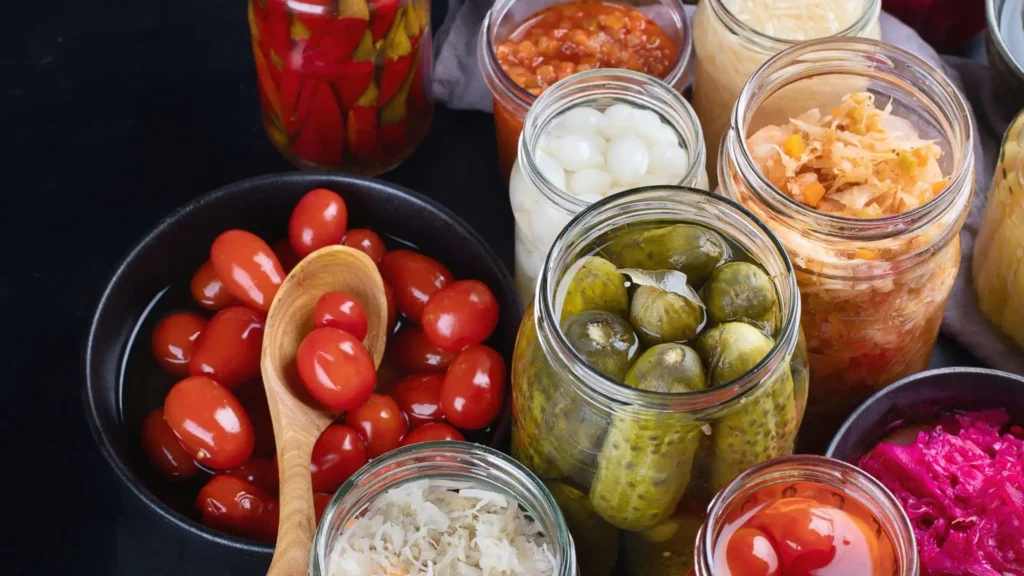We will take you through all the things you need to know to have a good savings fund stashed away for later use. If putting away such a big amount of money seems overwhelming, remember that you have a plan in place and this will make you financially stable later on. Here’s how you can figure out how much you should aim to save and some tips on how to grow your savings quickly.
Finding your target number
To calculate how much money you need to save — or what three to six months’ worth of expenses come up for you — add up how much you usually spend on your most important monthly bills. You can begin by going through your recent bank and credit card statements.
Take only essential costs into consideration. These include expenses such as rent, utility bills, insurance installments, loans, and other debt payments, and the cost of groceries and commute. You should have enough savings tucked away to be able to continue paying your most important bills for a few months without having to take on debt.
You don’t have to account for your contributions that go into your savings or what you spend on dining out or other leisure activities. You’ll have to assume that you will be drastically cutting down on such costs during an emergency.
What’s a good plan?
Let’s say you spend a total of about $3,000 on your monthly expenses. You should aim to have at least 3x of that, or $9,000, in savings. To give yourself more breathing room, you can increase that to $18,000 in savings and this will be enough to keep you afloat for six months.
Keeping about three to six months of expenditures saved up is a good general rule to abide by, but you can even aim to save more. If you want to take a long break from work, lose your job, or if you have irregular income, then keeping aside an amount enough to cover around 12 months’ expenses is smart. You may also want to save more if you want to account for optional expenses like the occasional dining out, shopping, or other entertainment.
Tips to grow your savings
In case you don’t have the recommended amount stashed away in your savings account at the moment, you can get there in a few simple steps. One of the simplest routes to this is to employ small changes to cut down optional expenses.
For instance, if you generally order lunch from restaurants every day, you could start packing a lunch a few times a week, to begin with. Or instead of going for activities that cost money for weekend entertainment, you could explore free, community-sponsored activities instead.
Make small changes
It’s important to remember that you don’t need to cut down everything that you enjoy — just making small tweaks to your spending habits could make a big difference. You can even consider taking up a part-time job or start a new side hustle for some extra income.
It is best to use recurring, automatic transfers so that you don’t forget to save on a regular basis. You should ideally schedule these to occur each payday using your bank’s website or app. This way, you’ll be able to build your savings without putting in much effort.
Average savings account interest rate
On average, a typical savings account, at present, will earn you only 0.06%. At this rate, if you put $3,000 in your account for one year, you will earn only a few dollars as interest. But, if you were to put that same $3,000 in a high-yield savings account that earns a 0.50% APY, you would earn over $15 after every year. This may not be enough to make you rich, but it will surely help you develop your savings balance quicker.


























